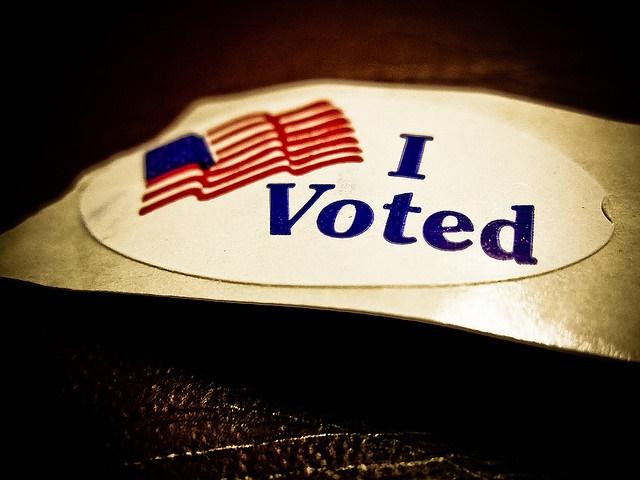While Wisconsin’s new voter ID requirement continues to cause controversy, the Dane County Clerk’s office will study the November election to see how much of an impact the law really has on voters.
Factors that may inhibit voting, such as the voter ID requirement, have been discussed and speculated before, but there hasn’t been any quantitative data to back it up, Dane County Clerk Scott McDonell said. This study, which is the first of its kind in Wisconsin, hopes to remedy that.
The Dane County Clerk’s office and the University of Wisconsin Political Science Department are partnering up to conduct the study. The goal is to find out who is most affected by new voter ID Laws and who will need additional help getting to polling locations, McDonell said. The study will focus on non-voter and student voting experiences.
McDonell said voter ID laws have complicated the voting procedure and some people may need help navigating the regulations.
“There is a lot of confusion around the laws and it may affect different groups [of people] in ways that we don’t know,” McDonell said. “Maybe it doesn’t have an effect at all.”
The study will consist of a survey that asks questions about voting habits and demographics, McDonell said. These results will be compiled and analyzed to see which voters are most affected by the new laws.
Ken Mayer, UW political science professor, said the survey looks to find out why people don’t get to the polls, even now with same-day registration.
Potential reasons could include not having a proper ID or not knowing how to obtain one, Mayer said. Other reasons could have nothing to do with the new law.
“The study is a way to measure specifically what the barriers to turnout are and how the clerk can deploy the resources of the office to best and most efficiently communicate with voters what is required,” Mayer said.
Determining what obstacles prevent people from voting is the first step in understanding the impact that Wisconsin voter ID laws have on potential voters, McDonell said.
Voter ID laws have not been properly studied, Mayer said. To find out the effects of the laws, Mayer and his team must produce empirical data about the voting habits of citizens in the state.
McDonell said some people say voter ID won’t affect turnout, but others say it will greatly effect turnout come November.
“We don’t have any set facts we can use to determine the effects of voter ID laws, and that is why it is so important to have a peer reviewed university study to look into this so we don’t have to guess or assume anything,” McDonell said.
The county will fund the study, but the UW Political Science Department will conduct it, Mayer said. The Clerk’s Office wants to utilize the expertise of the department to find ways to get more people to the polling locations.
Education is the best way for people to get out and vote, McDonell said. If citizens know how to navigate the requirements to vote, McDonell said more people will vote.
Mayer said it is possible to estimate the effects of voter ID Laws but without a study, there is no way to use the information to help the Clerk’s Office.
McDonell said this study will enable the Clerk’s Office to target voters that are being most affected by the laws to help them meet the requirements to vote. There are only so many resources, McDonell said, and they need to be used in the most productive way possible.
“I would hate to spend my limited budget for outreach and education on the wrong people,” McDonell said. “I would rather know what group needs the resources.”
The study is scheduled to come out in December following the presidential election.


